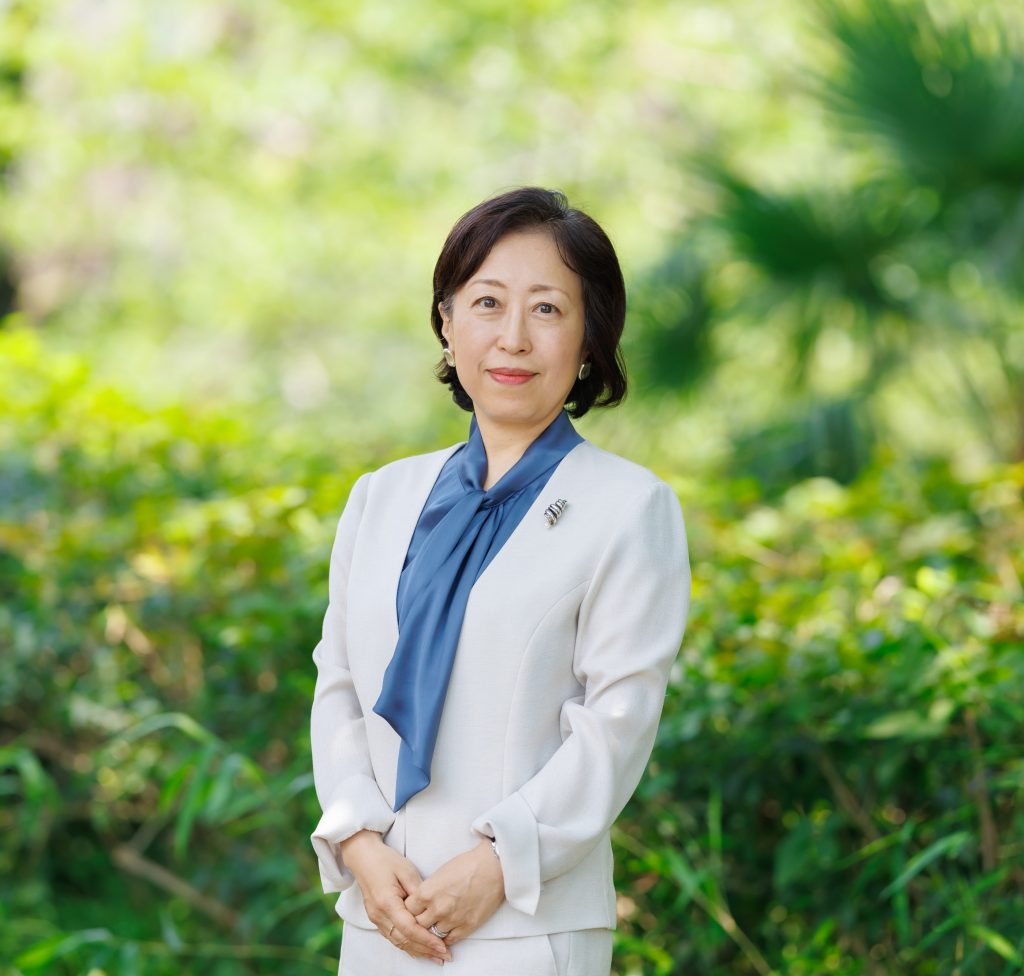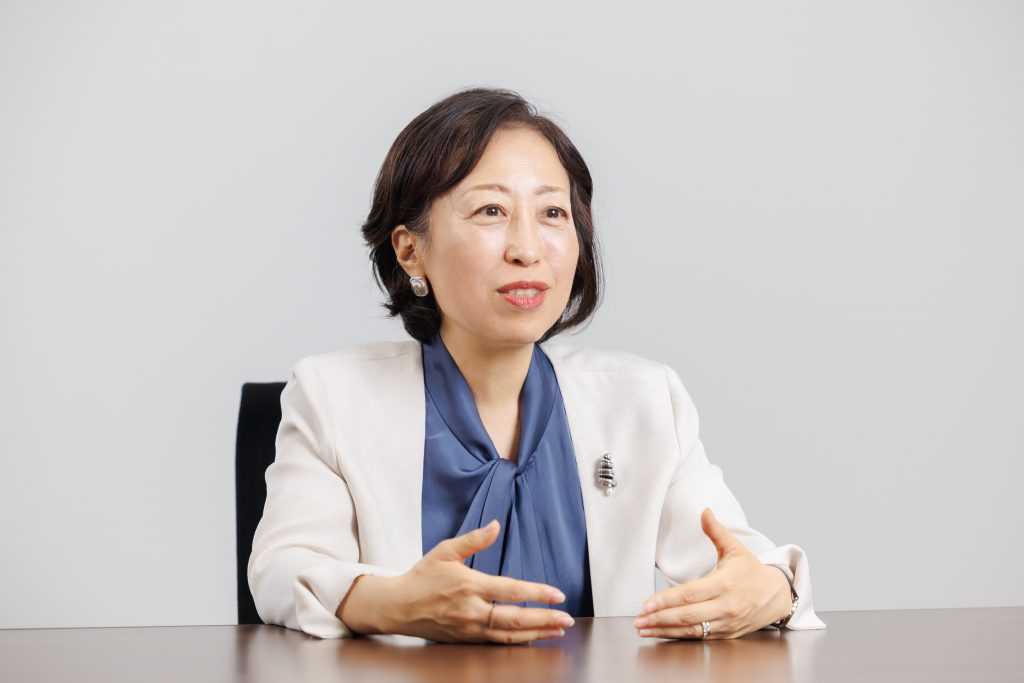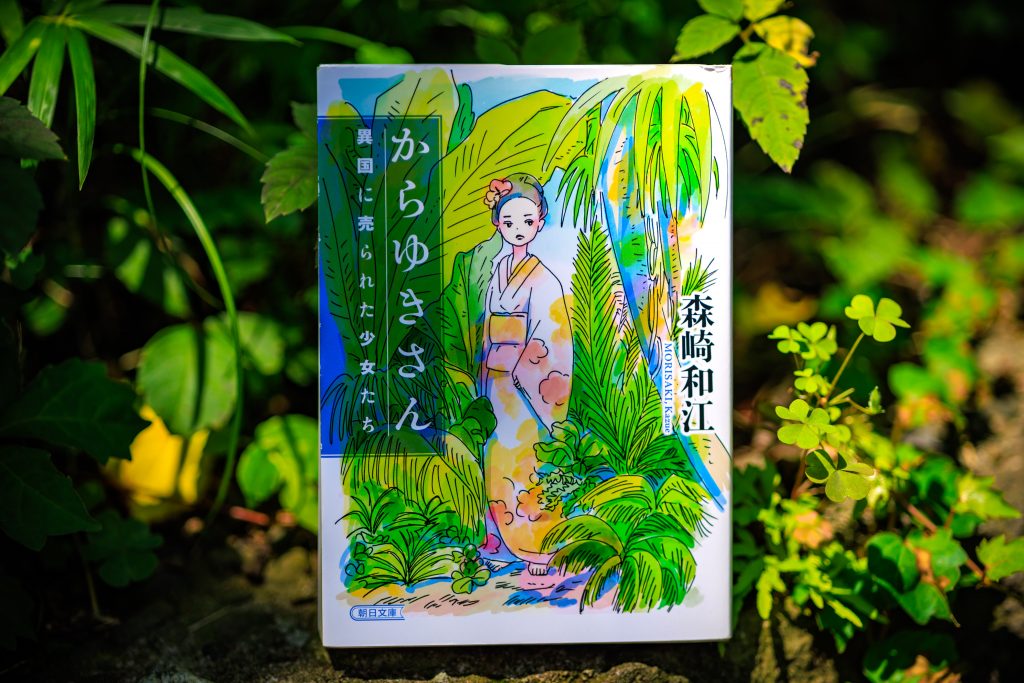
Professor Mari Miura from the Faculty of Law compares gender gaps at the global level. She talks about efforts to address the gender gap in Japan’s political field, including the importance of having more women Diet members and a quota system that is useful for achieving such a state.
I specialize in gender and politics, and mainly undertake global comparisons of the current state of gender gaps and their solutions. Japan is a country that has extremely few laws supporting gender equality. We are the only country that does not allow married couples to have different last names. To change this situation, I unmask Japan’s issues through research and recommend policies that help gender equality.
I especially focus on research about a quota system that allocates a certain proportion of candidacy to women. In the Global Gender Gap Report published in 2024, Japan’s gender gap index was ranked 118 out of 146 countries.
One of the reasons for such a low ranking is due to having very few women in the field of politics, including Diet members. As of July 2024, women make up 116 out of 709 Diet members, which is only 16.3%. If you only look at the House of Representatives, it is extremely low at approximately 10%.
Laws need to be put in place to correct the gender gap, but the problem is that the Diet members who formulate such laws are mostly men. In other words, we need to rapidly increase the number of women Diet members.
In countries that have introduced quota systems, the number of women parliamentary members is increasing; as of 2020, this number was approximately 50% in Mexico, over 30% in the United Kingdom and France, and close to 20% in South Korea. Policies—including a quota system—to increase the number of women Diet members is a pressing issue in Japan.
Passing the Act on Promotion of Gender Equality in the Political Field

I emphasize fieldwork in my research. I travel to countries that are making progress in gender equality and talk directly to the relevant parties. It is difficult to escape male-dominated politics, and this is the same for all countries. There is significant meaning in interviewing people such as women parliamentary members, people affiliated to the parliament, and activists about how they overcame the difficulties and introducing their cases in Japan.
A fundamental principle of the Act on Promotion of Gender Equality in the Political Field (Gender Parity Law) passed in 2018 includes “making the numbers of male and female candidates as even as possible in the elections of the members of the House of Representatives, the House of Councillors, and the councils of local governments.” This law was submitted by a Diet member, and I serve as an expert advisor to the nonpartisan caucus of Diet members that drafted the bill.
I also established the Academy for Gender Partity and carry out activities to encourage young women to run for office. The academy offers opportunities to learn practical campaign strategies through training camps.
Working with the younger generation to achieve a society where everyone can live happily and comfortably
I find research interesting because I can set current issues as research themes. Listening to the voices of people placed in challenging situations due to the gender gap serves as my motivation. I feel very satisfied when my research results lead to the establishment of policies and laws.
Violence against women and minorities in politics is my current research theme. When women stand for election, they are more prone than men to harassment, such as defamation and election interference. This is also a factor that makes it difficult for women to enter politics. I hope to investigate and report on how countries with many women parliamentary members address this issue.
In addition, the younger generation is keenly sensitive to gender issues and often question the reasons behind few women in managerial positions during classes. Going forward, I hope to emphasize dialogue with the younger generation to create a society where everyone can live happily and comfortably.
The book I recommend
“Karayukisan: Ikoku ni Urareta Shojotachi”(Karayuki-san: Girls Sold to Foreign Lands)
by Kazue Morisaki, Asahi Bunko

This book describes the reality of impoverished girls sold overseas as prostitutes in the prewar period. When Japanese people ventured overseas, it always came with the building of brothels for Japanese men. The thinking that it is acceptable to sexually exploit women and girls is contiguous with today’s sexual violence. I hope the younger generation will also learn the historical origin of the contemporary problem.
-
Mari Miura
- Professor
Department of Legal Studies of the Global Environment
Faculty of Law
- Professor
-
Graduated from the Department of Political Science, Faculty of Law, Keio University, and received her Ph.D. in Political Science after completing the doctoral program in Political Science at the University of California, Berkeley. Took on the position of in-house researcher at the Institute of Social Science, the University of Tokyo before assuming the position of assistant professor at Sophia University’s Faculty of Law in 2003 and her current position in 2010.
- Department of Legal Studies of the Global Environment
Interviewed: July 2024